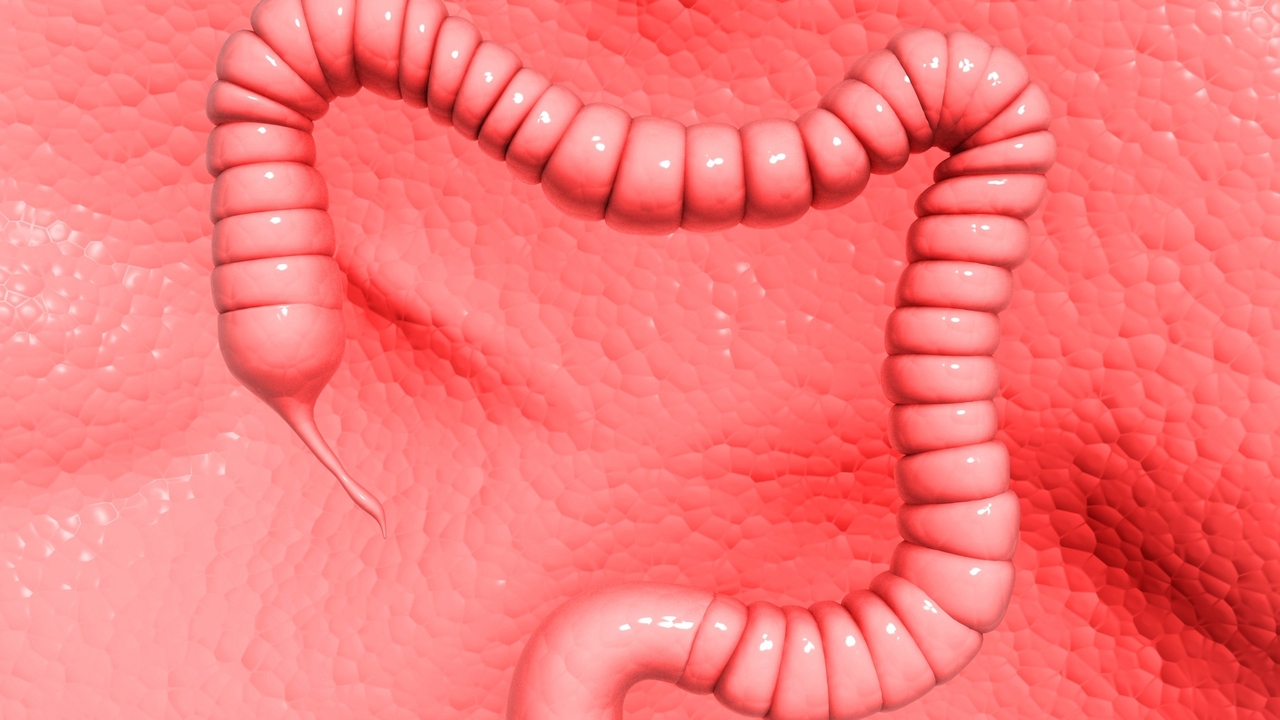The colon is a major part of the large intestine and its function is to help with the digestion of food. After the food has been broken down and had all its nutrients absorbed by the small intestine, the liquid that is left over is sent to the colon. The colon’s job is to dehydrate the liquid and turn it into solid matter (stool). The stool then goes into the rectum where it is stored until the person is ready to have a bowel movement and expel it through the anus.
What is Colorectal Cancer?
Colorectal cancer is cancer of the colon and rectum. Sometimes the cancer may only be present in just the colon or the rectum but it is referred to as colorectal cancer because it is caused by the same type of cell, called a polyp. A polyp usually starts off benign (non-cancerous) but then can develop into cancer. Most cases of cancer develop from these polyps.
Stages of Colon Cancer
If you are diagnosed with colorectal cancer, your specialist will want to surgically remove your tumor or tumors. Through surgery, he will then be able to determine what stage of cancer you have.
Initial Stage Cancer - this is when the cancer cells are just in the deepest layer of the colon or rectum and have not spread anywhere else.
Stage 1: The cancer has grown through the first few layers of the colon or rectum and is found in one to three lymph nodes.
Stage 2: The cancer has grown into the muscular layer of the colon or rectum and is found in four or more lymph nodes.
Stage 3: The cancer has grown through the entire colon or rectum but has not spread to other organs in the body.
Stage 4: This is the most severe kind of cancer, where the cancer has grown through the entire colon or rectum or both and has also spread to other organs in the body, such as the liver or lungs.
Colorectal Cancer Warning Signs
So, how do you know if you have cancer of the colon or rectum? Here are the warning signs:
Changes in your stool – they become thin and string like or have blood in them.
Constipation – if you have a bowel movement less than three times a week.
Abdominal pain – if a tumor in the colon is too large it can cause an obstruction and prevent your stool from being expelled, which causes pain. In turn, this can cause gas and bloating. If left untreated, it can be life threatening.
Constantly needing to have a bowel movement but being unable to go – if there is a tumor in your rectum it can give you the sensation of needing to go to the toilet but you will not be able to relieve this sensation.
Vomiting – a tumor in the colon can prevent food from passing through so it is vomited back up.
Weight loss – due to nausea and not being able to digest food properly. You may also feel very tired as the lack of nutrients make you anaemic.
If you have any of these symptoms for more than two weeks, see your doctor.
Source: Colorectal Cancer Association of Canada.
Joanna is a freelance health writer for The Mother magazine and Suite 101 with a column on infertility, http://infertility.suite101.com/. She is author of the book, 'Breast Milk: A Natural Immunisation,' and co-author of an educational resource on disabled parenting, in addition to running a charity for people damaged by vaccines or medical mistakes.






Add a CommentComments
There are no comments yet. Be the first one and get the conversation started!